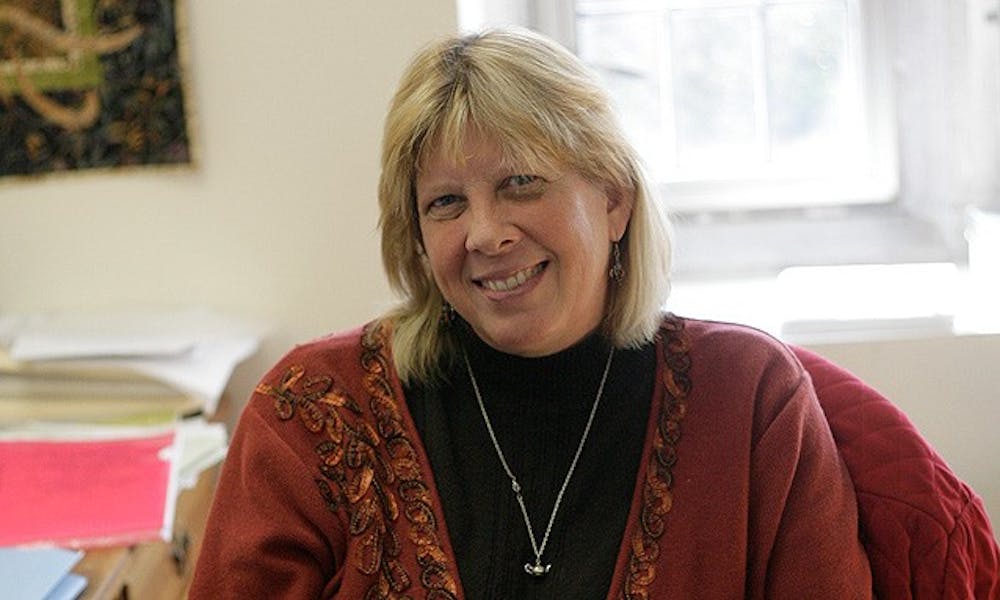Two new DukeEngage programs will focus on helping the environment recover from damage caused largely by the oil industry.
Immersion programs in Bayou Grace, La. and Quito, Ecuador will give students the opportunity to volunteer for about eight weeks in two areas in which the environment and the local population have been negatively affected by oil industry practices. The Louisiana project will aid recovery in an area affected by the recent Deepwater Horizon oil spill, and the Ecuador program will work in the Ecuadorian Amazon, where oil companies have dumped crude oil and waste materials.
In Louisiana, students will help reverse the damage done to the wetlands of the state’s coast and educate the local youth about the wetland loss. Students in the program will spend weeks planting marsh grass before educating children at the local Smithridge Day Camp about environmental issues and how they can be addressed.
“The idea definitely came after the oil spill,” said Charlotte Clark, the program’s leader and a visiting assistant professor for the Nicholas School of the Environment. “But the damage is much more—the oil and gas industry, for years, has been channelizing the marsh to put the pipelines there and rarely replaces the marsh grass.”
Without the marsh grass, hurricanes cause more erosion, she said, adding that “the region loses a football field of wetlands every 45 minutes.” She noted that the area is prone to hurricanes.
Clark said Nicholas School Dean Bill Chameides approached her with the idea as part of a long-term initiative to help the region. There are plans in the future that include graduate programs and research opportunities for faculty.
“Towns and cities in the area are literally disappearing,” Clark noted. The oil spill has been damaging to a local population already hurt by hurricanes Katrina and Rita, as it hinders the livelihood of the area’s fishermen and farmers.
Clark said she hopes this program might reach students who might not take classes on the environment or learn about these issues otherwise. Jose Lamazares, a sophomore, has not taken any environmental classes but is still interested in applying.
“This oil spill has been terrible for the area, and it is important for students to help fix the problem,” he said.
The Ecuador program seeks to have students work with nongovernmental organizations to address environmental justice issues in the Ecuadorian Amazon. For more than 30 years, oil companies Texaco and Petro-Ecuador have negatively impacted the Ecuadorian Amazon, damaging the environment and affecting 30,000 indigenous people and Amazonian farmers, according to the DukeEngage website.
DukeEngage students will help the Amazon Defense Coalition, an advocacy group for the people affected by the dumping of these oil companies, as they attempt to hold these multinational oil companies accountable. Jennifer Swenson, assistant professor of the practice in landscape ecology in the Nicholas School who is also one of the program’s leaders, hopes that this program will also continue in the future and get Duke students involved in the field of study.
“It’s one of the worst oil spills ever,” Swenson said. “Students might go back to the area or [they may] stay here to educate people about what is going on, because the U.S. is one of the largest consumers of oil from Ecuador, and it’s our responsibility to address this problem.”
Get The Chronicle straight to your inbox
Sign up for our weekly newsletter. Cancel at any time.

